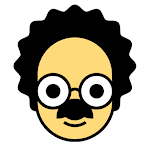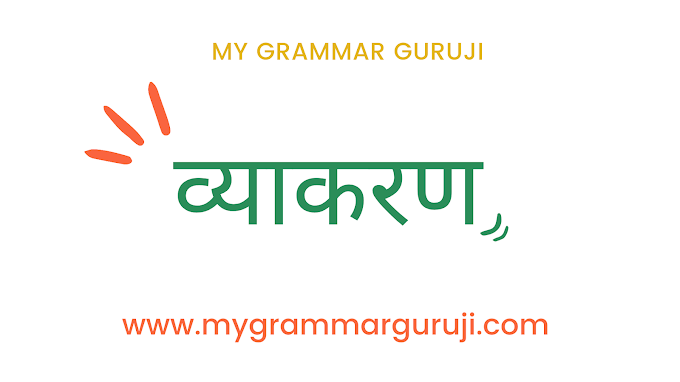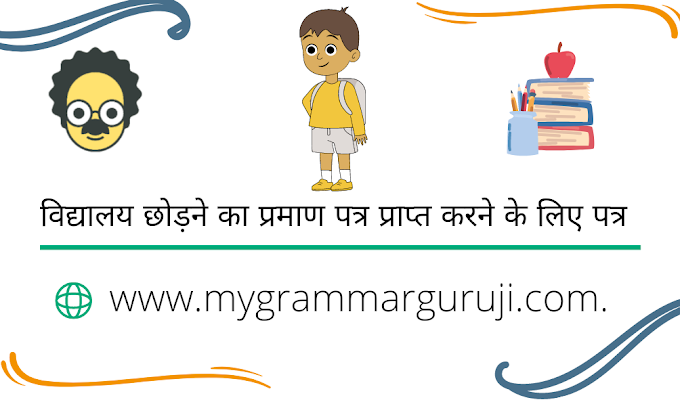पहचान : इस काल के वाक्य के अंत में से रहा होगा, से रही होंगी, से रहे होंगे आदि शब्द आते हैँ |
Rules :
1. In future perfect continuous tense, we are told that the action will be taking place over a certain period of time.
(Future perfect continuous tense में, हमें बताया जाता है कि कार्रवाई समय में एक निश्चित अवधि से की जा रही होंगी)
2. Will have been / Shall have been used with any subject and number subject.
(किसी भी व्यक्ति और संख्या के विषय के साथ Will have been/ Shall have been प्रयोग किया जायगा)
Note :
Will have been : You, he, she, it, they, name and others.
Shall have been : I, we.
3. In these types of sentences, uses first form (v) + ing and according to the given time use since / for.
(इस प्रकार के वाक्यों में first form (v) + ing + का प्रयोग करते है तथा दिए गए समय के अनुसार since/for का प्रयोग करते है)
Subject + Will/ shall + have been + first from (v) + ing + object + since/ for + time.
Note :
Since : निश्चित समय के लिए
Ex. सुबह से, 2 बजे से, कल से, शाम से, 1991 से, इत्यादि
For : अनिश्चित समय के लिए
Ex. दस दिनों से, कुछ दिनों से, बहुत समय से, कई साल से, 2 साल से इत्यादि
4. In negative sentence not is put between will/ Shall and have been.
(नकारात्मक वाक्य में will have been और shall have been के बीच में not रखा गया है)
Subject + Will/ shall + Not have been + first from (v) + ing + object + since/ for + time.
5. In Interrogative sentences Will/ shall is placed before the subject and after the subject have been is used. Then it is followed by verb¹+ ing + object + since/ for + time?
(Interrogative sentence में, Will/ Shall को subject से पहले लिखा जाता है, और Have been को subject के बाद लिखा जाता है फिर उसके बाद verb¹+ ing + object + since/ for + time?
Will/ shall + subject + Have been + first form (v) + ing + object + since/ for + time?
6. In Interrogative negative sentence not is placed before have been.
(In Interrogative negative, have been से पहले not रखा गया है)
Has/ have + subject + not have been + first form (v) + ing + object + since/ for + time?
Simple sentence
Subject + Will/ shall + have been + first from (v) + ing + object + since/ for + time.
Examples
- शिमला में कल रात से बर्फ पड़ रही होंगी
- It will have been snowing in Simla since last night.
- वह सुबह से व्यायाम कर रही होंगी
- She will have been taking exercise since morning.
- सरकार कई वर्षो से कर भड़ा रही होंगी
- The government will have been increasing taxes for many years.
- वह 10 साल से चुनाव लड़ रहा होगा
- He will have been contesting elections for ten years.
Negative sentence
Subject + Will/ shall + Not have been + first from (v) + ing + object + since/ for + time.
Examples
- अमन दो दिनों से यात्रा नहीं कर रहा होगा
- Aman will not have been journeying for two days.
- वह सुबह से व्यायाम नहीं कर रही होंगी
- She will not have been taking exercise since morning.
- सरकार कई वर्षो से कर नहीं भड़ा रही होंगी
- The government will not have been increasing taxes for many years.
- वह 10 साल से चुनाव नहीं लड़ रहा होगा
- He will not have been contesting elections for ten years.
Interrogative sentence
Will/ shall + subject + Have been + first form (v) + ing + object + since/ for + time?
Examples
- क्या अध्यापक 2 घंटे से हमें पढ़ा रहे होंगे?
- Will the teacher have been teaching us for 2 hours?
- क्या आप बहुत देर से उनका इंतजार कर रहे होंगे?
- Will you have been waiting for them since long?
- क्या राजा दोपहर से जंगल में शिकार कर रहा होगा?
- Will the king have been hunting in this forest since afternoon?
- क्या वह पिछले वर्ष से आसानी से आजीविका कमा रहा होगा?
- Will he have been earning his living easily since last year?
- क्या हम अपने पाठ पिछले हफ्तों से नहीं दोहरा रहे होंगे?
- Shall we have not been revising our books since last week?
- क्या राजा दोपहर से जंगल में शिकार नहीं कर रहा होगा?
- Will the king not have been hunting in this forest since afternoon?
- क्या वह पिछले वर्ष से आसानी से आजीविका नहीं कमा रहा होगा?
- Will he have not been earning his living easily since last year?
- क्या वह 1991 से इस मोहल्ले में अपनी दुकान नहीं चला रहा होगा?
- Will he have not been running His shop in this locality since 1991?







No comments:
Post a Comment
Thank you! Your comment will prove very useful for us because we shall get to know what you have learned and what you want to learn?